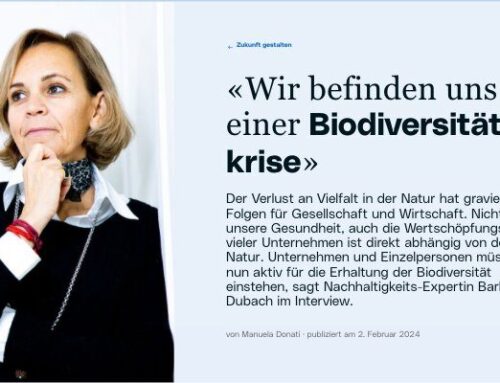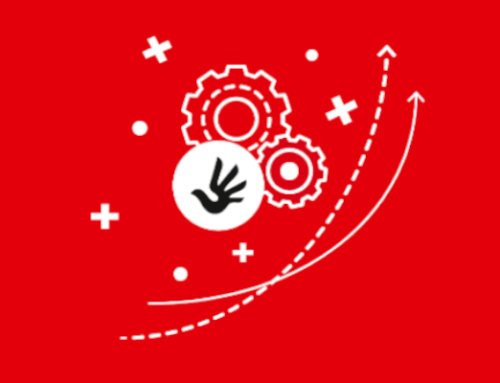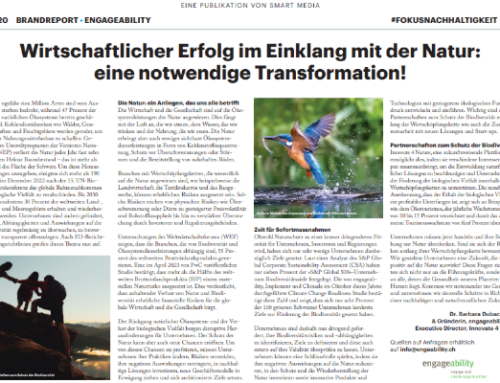
Below you can read a summary of the interview. For the original interview in German, click here.
The importance of future-readiness
In the past, sustainability and the environment were primarily a risk management or compliance issue. Today, companies have to align their business in a way that ensures they are future fit. What does it mean for companies if the city in which they are located pledges to reduce CO₂ emissions to zero? How can companies transform today’s challenges into new business opportunities? How can companies make a positive contribution to climate change or renewable energies while also generating added value for society and themselves? That is where engageability comes in.
The role of engageability: changing your perspective
engageability analyses company strategies using the SDGXCHANGE tool, which we developed in collaboration with Katrin Muff and well-known Swiss companies. Considering the 17 Sustainable Development Goals (SDGs), we identify the most important topics for a company as well as for the environment in which it operates. In collaboration with internal and external stakeholders including suppliers, customers or clients and civil society representatives, we identify new business ideas that address some of the challenges we are facing.
Strategies for different time horizons
A short-term solution is to optimize existing products or a company’s value chain. In the medium-term, it’s about improving existing business models and developing new product innovations. A big advantage here is if the solution is easily scalable in different locations or even countries. To stay in the race long-term, companies have to develop completely new business ideas. One example is Climeworks, a company that captures CO2 from the atmosphere and sells it to the food and beverage industry, commercial agriculture, the energy sector and the automotive industry.
Three tips for companies
- First movers always have an advantage over the competition.
- If you want to develop innovative approaches, it is important to be agile and open for external perspectives.
- A company resistant to change should start by developing an internal culture and encouraging employees to make suggestions for improvements.



